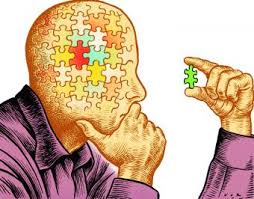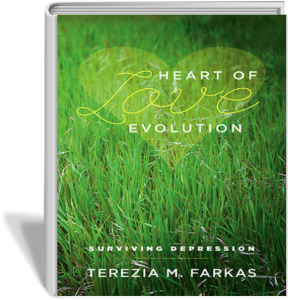Have you ever felt destroyed by someone’s opinion? I doubt there’s anyone who hasn’t experienced someone’s bad opinion. Often times what is being hurt or harmed is your identity. That is, how you see yourself and believe yourself to be.
Beliefs are subject to identities.
Your identity is the source of all your beliefs. It’s the well from which you draw self criticism, praise, and identification. You might identify as a good driver, a hipster, a geek, an athlete – you get the idea. Identities are many. Identities are based on past experience and opinions. Identities create beliefs. If you identify as a geek, you’ll believe you’re not a good athlete even though you may be a good athlete.
As Joel Young of NPA says, “beliefs are subject to identities. Shift the identity and the beliefs will shift themselves.” Beliefs are based on behaviour, belief, etc. Social media platforms are built on the idea of promoting a person’s identity. Think of how Facebook lets you like people’s comments, give thumbs up or down, and share content. Facebook thrives on what you put on your site – your identity.
You matter
According to Joel Young, creator of the Non Personal Awareness program, too much emphasis at times can be placed on beliefs. “People’s opinions can cut you down in an instant. Whispers carry power. Soon you stop seeing who you are, and start believing what others see you as.”
The real you matters. You were created for a purpose that’s unique to you. No one else can do or accomplish what you were put on earth to do. You have a unique set of skills to balance out whatever life may throw at you.
Sadly though, the real you can be chipped away at by abuse, trauma, and addiction. Thus you identify with labels that were never supposed to have been yours. These labels reinforce the negative thoughts and beliefs you have about yourself. Your negative self image and beliefs become hardened.
“For example, identifying as ‘not as good as…’, ‘not that attractive’, ‘not good at relationships’ etc is likely to form beliefs that lead to behaviours and perceptions that make it very hard to form solid, connected and lasting relationships.”
Shift the IDENTITY and beliefs will shift by themselves.
“For example, a person who identifies as a hipster has a set of beliefs and behaviours that are different from an athlete. What that person wears, the places he/she goes and the people he/she ‘hangs’ out with with re-enforce the identity of hipster.
“This set of beliefs is surprisingly dynamic and robust. While it’s possible to undermine the identity with a LOT of work to change the supporting beliefs, there is often enough other beliefs to maintain the identity. Even if you hack through what seems like ALL possible beliefs, there can still be life in the identity, because the identity is the source of the beliefs, not the beliefs themselves.”
It’s like cutting down a tree which, next summer, grows fresh young shoots and branches from it’s stump, with leaves and buds and all the things that make it what it is. The ‘tree-ness’ survives.
Of course if you work directly with the IDENTITY itself, then any and all beliefs will fall into line.”
Mindfulness unravels the identities that no longer serve you.
Mindfulness tries to unravel identities that no longer serve you. By cutting away identities that are harmful, negative, or bad for you, it is possible to grow new, positive beliefs. This is why mindfulness works well with depression. Where you identify as a loser, mindfulness brings in new beliefs that challenge that identity.
An identity is not necessarily one that you create. An identity can be forced on you by others, or formed by the harmful actions of others. These types of identities need to be challenged. They need to be removed or at the least modified into more positive identities.
Visit www.JoelYoungNPA.com for more info about ‘do it yourself’ NPA
Find me on Twitter @tereziafarkas
Visit my website http://www.tereziafarkas.com




